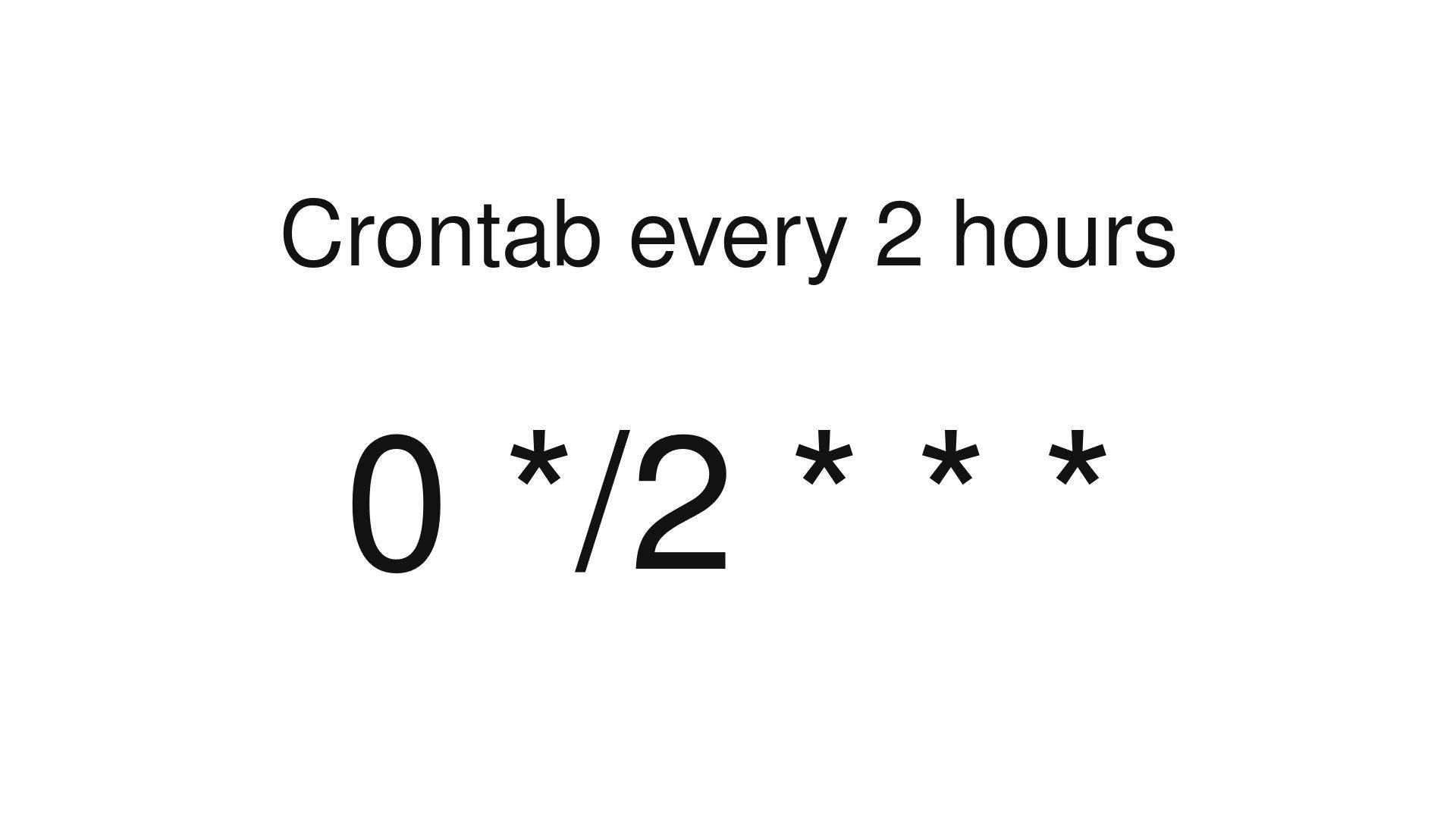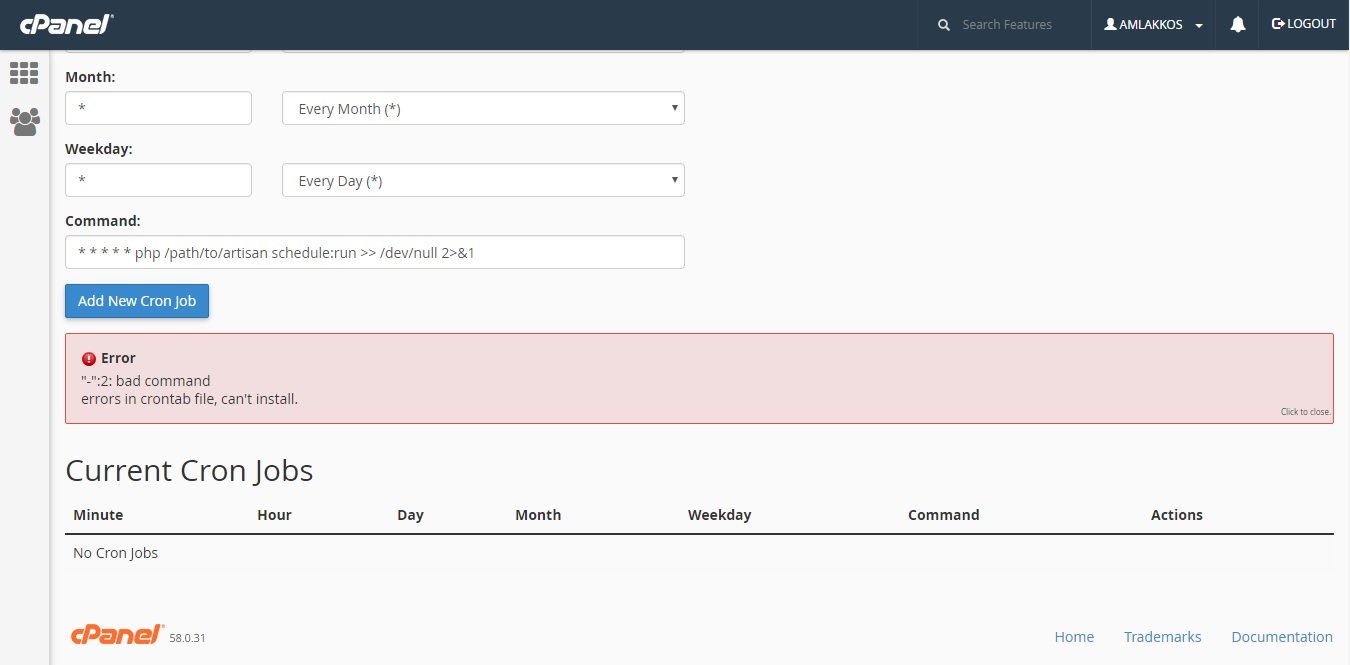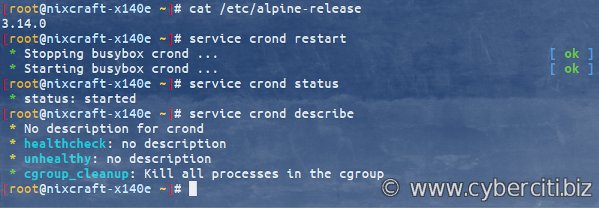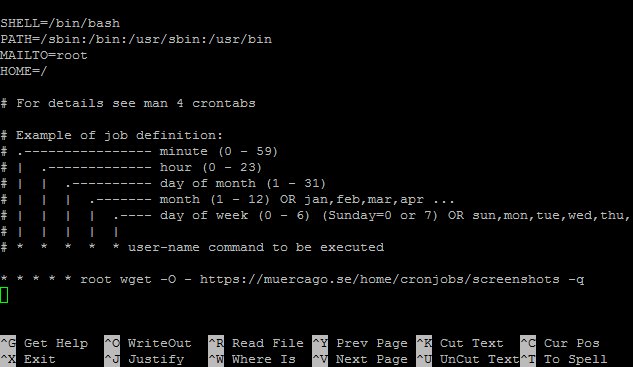Looking to run cron every 2 hours and wondering how to achieve it? You’ve come to the right place! In this blog article, we will dive into the nitty-gritty of setting up a cron job to run every two hours, providing you with a practical solution to your query. No need for complicated instructions or convoluted steps – we’ll break it down into simple, easy-to-follow guidance. So, let’s get started and explore how to schedule cron every 2 hours seamlessly within your system. Let’s begin by understanding the basic concept behind cron jobs and how they can be configured to meet your specific requirements.
cron every 2 hours: Automating Tasks with Precision
In the world of software development and system administration, automation is key to streamlining processes and ensuring efficiency. One powerful tool that enables automation is cron, a time-based job scheduler in Unix-like operating systems. With the ability to execute commands or scripts at predefined intervals, cron offers unparalleled control over task scheduling. In this article, we will delve into the concept of running cron jobs every 2 hours, highlighting its significance and providing practical examples.
The Basics of cron
Before diving into the specifics of running cron jobs every 2 hours, let’s first understand the basics of cron. The cron daemon is responsible for managing and executing cron jobs on Unix-like systems. A cron job, also known as a cron task, is a command or script that is scheduled to run at specific intervals.
To schedule a cron job, you need to configure a cron table, commonly known as crontab. Each user on a Unix system can have their own crontab, which defines the jobs they want to run. The cron table consists of lines specifying the schedule and the command to be executed.
Here’s the general format of a cron table entry:
“`
* * * * * command_to_be_executed
“`
The five asterisks represent the time and date fields, which determine the schedule for the cron job. These fields, in order, represent minutes, hours, day of the month, month, and day of the week. Asterisks denote all possible values, while specific values or ranges can be used for more precise scheduling.
Running cron Jobs Every 2 Hours
Now that we have a basic understanding of cron, let’s explore how to schedule jobs to run every 2 hours. To achieve this, we can leverage the flexibility and power of cron’s time and date fields.
To run a cron job every 2 hours, we need to set the “hours” field accordingly. Since the “hours” field ranges from 0 to 23, we can specify multiple values or a range to cover the desired time frame. Here are a few examples:
Example 1: Using a Range
To run a job every 2 hours within the 24-hour day, we can specify the range from 0 to 23, and add a step value of 2. This ensures that the job runs at 0:00, 2:00, 4:00, and so on:
“`shell
0 0-23/2 * * * command_to_be_executed
“`
In this example, the asterisk in the minutes field denotes that the job will run at any minute. The 0-23/2 range in the hours field specifies that the job should run every 2 hours throughout the day.
Example 2: Using Specific Values
Alternatively, we can schedule a job at specific hours within the 2-hour interval. For instance, if we want the job to run at 2:00, 8:00, 14:00, and 20:00, we can use the following cron tab entry:
“`shell
0 2,8,14,20 * * * command_to_be_executed
“`
In this example, the job will run at 0 minutes past the specified hours, as denoted by the 0 in the minutes field.
It’s important to note that cron uses Coordinated Universal Time (UTC) for scheduling. Therefore, if your system is set to a different time zone, you may need to adjust the cron expressions accordingly.
Advanced Schedules with cron
Cron offers a wide range of scheduling possibilities beyond running jobs every 2 hours. Here, we’ll explore a few more advanced scheduling techniques to help you harness the full power of cron.
Running Jobs on Specific Days
Sometimes, you may want to run a job only on specific days of the week within the 2-hour interval. To achieve this, you can use the day of the week field in conjunction with the hours field. For example, to run a job every Monday, Wednesday, and Friday at 2:00, 8:00, 14:00, and 20:00, you can use:
“`shell
0 2,8,14,20 * * 1,3,5 command_to_be_executed
“`
In this example, the 1,3,5 in the day of the week field specifies Monday, Wednesday, and Friday.
Specifying Months and Days of the Month
If you need to further narrow down the schedule, you can also include specific months and days of the month. For instance, to run a job on the 15th and 30th day of every month at 2:00, 8:00, 14:00, and 20:00, you can use:
“`shell
0 2,8,14,20 15,30 * * command_to_be_executed
“`
In this example, the 15,30 in the day of the month field specifies the 15th and 30th day, while the asterisks in the month and day of the week fields denote all months and any day of the week.
Benefits of Running cron Jobs Every 2 Hours
Running cron jobs every 2 hours offers several benefits, making it a popular choice for automating recurring tasks. Let’s explore some key advantages:
Precision and Regularity
By scheduling jobs every 2 hours, you can ensure that critical tasks are executed with precision and regularity. This level of frequency allows you to maintain a consistent workflow and promptly respond to time-sensitive events.
Optimized Resource Utilization
Running jobs every 2 hours strikes a balance between frequent execution and efficient resource utilization. It enables you to automate tasks without overloading the system with excessive job invocations.
Simplifying Complex Workflows
For complex workflows that involve multiple interdependent tasks, running cron jobs every 2 hours can simplify the execution process. By breaking down the workflow into smaller, manageable chunks, you can automate each step while maintaining control over the overall process.
Error Detection and Notification
When running cron jobs every 2 hours, you have frequent opportunities to detect errors or anomalies in the automated tasks. By incorporating proper error handling and notification mechanisms, such as email alerts or log monitoring, you can proactively identify and resolve issues as they arise.
In conclusion, cron provides invaluable capabilities for automating tasks on Unix-like systems. By leveraging the time and date fields in the cron table, specifically the hours field, you can easily schedule jobs to run every 2 hours. This level of automation grants precision, regularity, and optimized resource utilization, making it a popular choice among system administrators and developers. So, unleash the power of cron, and take control of your automated workflows with precision and ease.
FAQ
Q: Can I run cron jobs every 2 hours on Windows?
A: Cron is native to Unix-like systems and may not be available on Windows by default. However, there are alternative solutions like the Windows Task Scheduler or third-party cron-like utilities that can achieve similar results.
Q: How do I edit my crontab?
A: To edit your crontab, use the `crontab -e` command. This will open the crontab file in your default text editor, allowing you to make changes to the existing cron jobs or add new ones. Remember to save and exit the file for the changes to take effect.
Q: Can I run a cron job every 2 hours and 30 minutes?
A: Yes, you can achieve this level of granularity by specifying both hours and minutes fields. For example, to run a job at 2:30, 4:30, 6:30, and so on, you can use `30 2-23/2 * * * command_to_be_executed`.
Q: How do I disable a cron job?
A: To disable a cron job without removing it entirely, you can comment out the corresponding line in your crontab by adding a hash symbol (#) at the beginning. This will prevent the job from running until you uncomment it.
- Unix-like operating systems provide the cron daemon for managing and executing cron jobs.
- A cron job is a command or script scheduled to run at specific intervals.
- The cron table, or crontab, contains the schedule and command for each job.
- To run a cron job every 2 hours, you can specify a range or specific values in the hours field.
- Advanced scheduling techniques include running jobs on specific days and specifying months and days of the month.
- The benefits of running cron jobs every 2 hours include precision, optimized resource utilization, and simplification of complex workflows.
Running Cron every 2 hours (4 Solutions!!)
Frequently Asked Questions
How do I run a cron job every 2 hours?
To run a cron job every 2 hours, you can use the following cron schedule pattern:
0 */2 * * * command_to_be_executed
This schedule pattern means that the cron job will run at 0 minutes past every 2nd hour. Replace command_to_be_executed with the actual command or script you want to run.
Can I specify the exact hours when the cron job should run?
Yes, you can specify the exact hours when the cron job should run by modifying the cron schedule pattern. For example, if you want the job to run only between 8 AM and 6 PM, you can use the following pattern:
0 8-18/2 * * * command_to_be_executed
This pattern will run the job at 0 minutes past every 2nd hour between 8 AM and 6 PM.
What happens if the cron job takes longer than 2 hours to complete?
If the cron job takes longer than 2 hours to complete, the next scheduled run will not wait for the previous run to finish. Each cron job runs independently based on the specified schedule pattern. It is important to ensure that the cron job completes within the desired interval to avoid overlapping runs.
How can I view the output or logs of a cron job that runs every 2 hours?
To view the output or logs of a cron job that runs every 2 hours, you can redirect the standard output and error to a file using the following command in the cron job:
command_to_be_executed > /path/to/output.log 2>&1
This will save the output and error messages of the command to the specified file. Make sure to replace /path/to/output.log with the actual path and filename where you want to store the logs.
Can I manually trigger a cron job to run outside of its scheduled time?
No, cron jobs are designed to run automatically based on the specified schedule pattern. You cannot manually trigger a cron job to run outside of its scheduled time. If you need to run a task immediately, you can execute the command or script directly from the command line.
Final Thoughts
Cron is a powerful tool in scheduling tasks on a Unix-like system. By using the “cron every 2 hours” feature, you can automate repetitive tasks with ease. This allows you to save time and improve productivity. Whether it’s running backups, updating databases, or sending reports, cron ensures that these tasks are executed at predetermined intervals. With cron, you have the flexibility to set up the desired schedule and have peace of mind knowing that your tasks will be performed reliably. Embrace the efficiency and convenience of cron every 2 hours, and streamline your workflow effortlessly.




